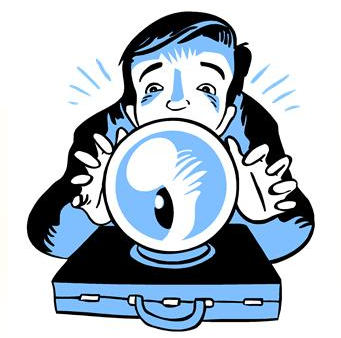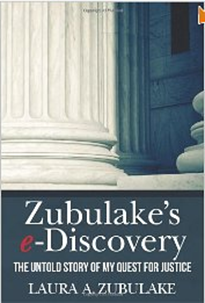eDiscovery Trends: Cloud Computing – A Lot of Benefit for the Cost
eDiscovery Trends: Cloud Computing – A Lot of Benefit for the Cost https://cloudnine.com/wp-content/themes/cloudnine/images/empty/thumbnail.jpg 150 150 CloudNine https://cloudnine.com/wp-content/themes/cloudnine/images/empty/thumbnail.jpg
An interesting article in The Metropolitan Corporate Counsel provides some useful, well-described benefits of cloud computing for eDiscovery (Cloud Computing And E-Discovery: Maximum Gain, Minimum Cost, written by Miró Cassetta). The author provides some good analogies to explain the different cloud service models, differences between private and public clouds and the benefits of using a Software-as-a-Service (SaaS) application. Let’s take a look.
read more




